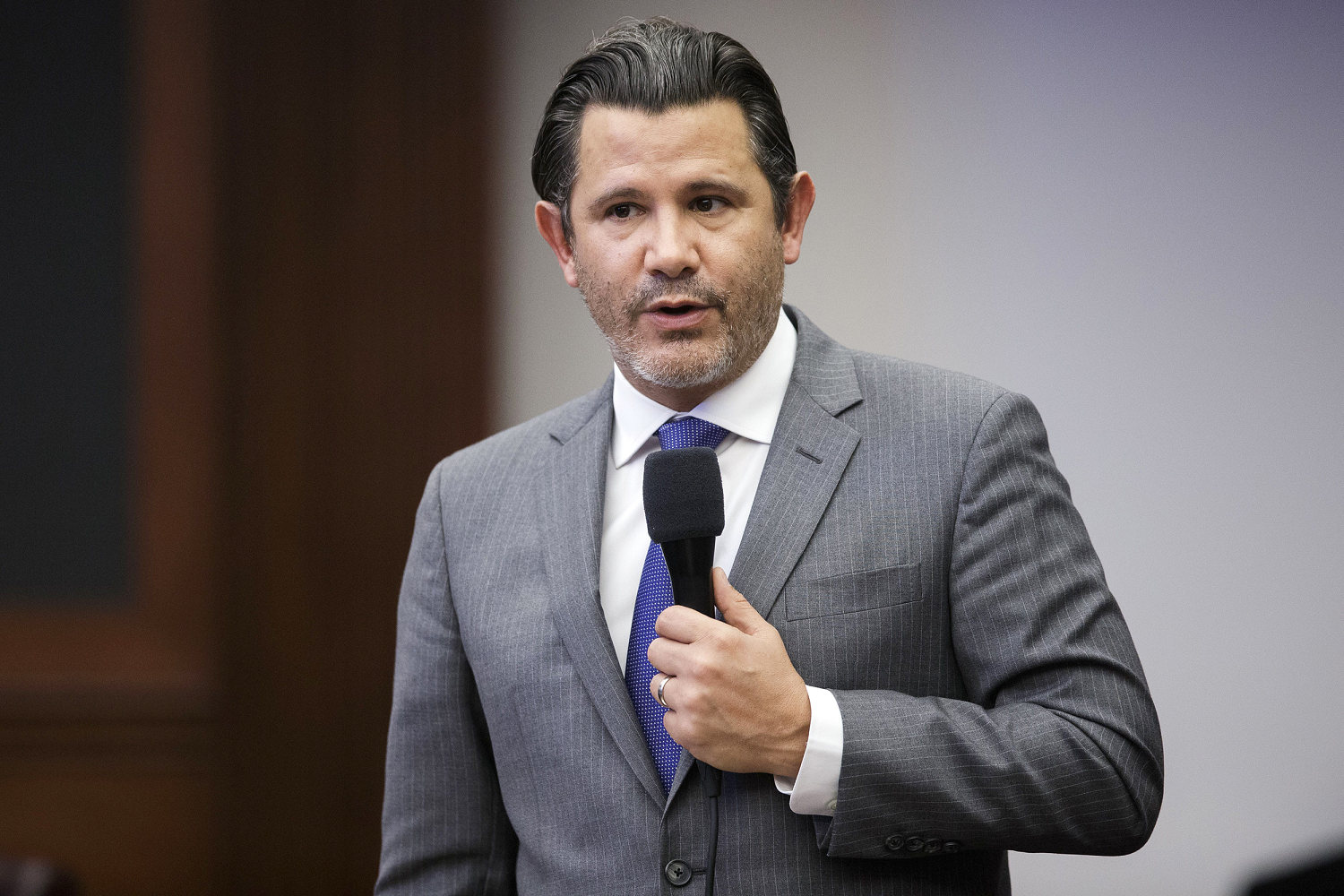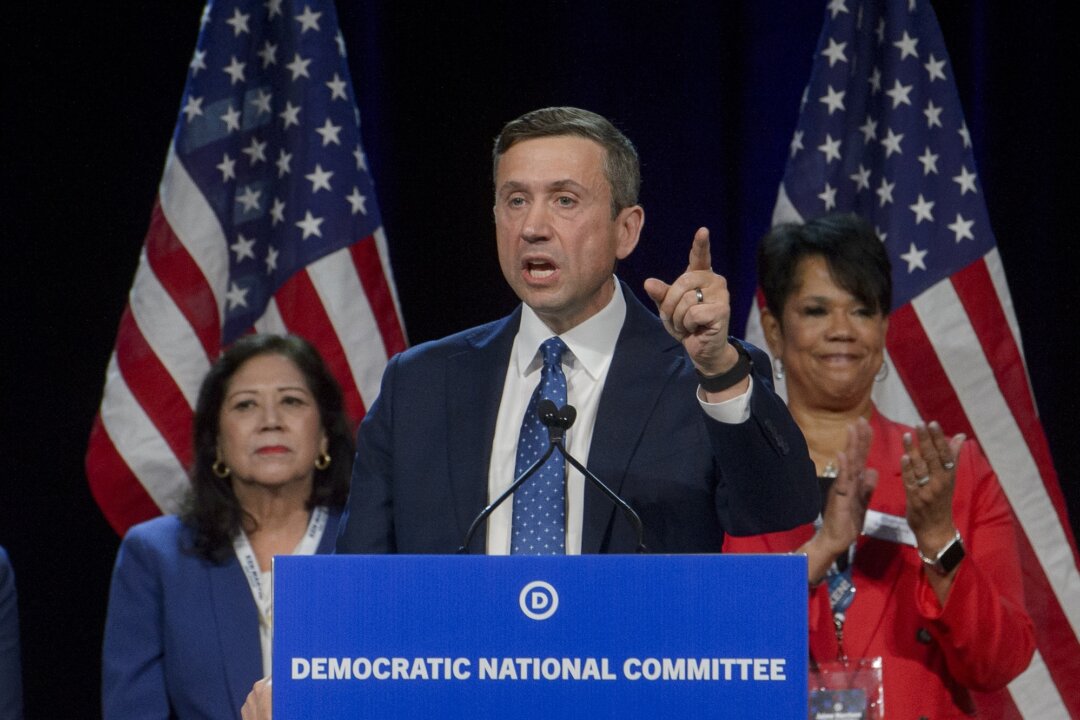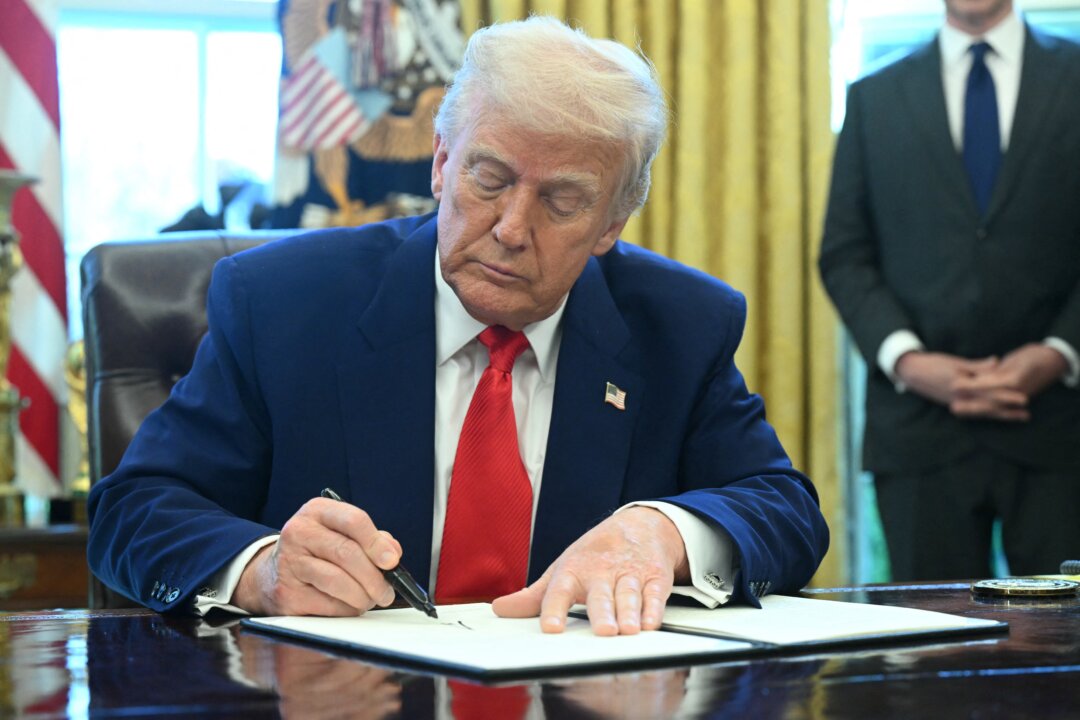

If Republicans keep squandering opportunities like budget reconciliation and other must-pass bills, they still have one more tool to cut spending without facing a Senate filibuster: the rescissions process.
To make it work, though, Trump must wield his influence more effectively. He needs to pressure establishment Republicans to support spending cuts with the same intensity he uses to push Freedom Caucus members into backing bloated budgets and debt-ceiling hikes.
If the rescissions process is going to matter, Trump must treat it like a weapon — not a bargaining chip.
Under sections 1012 and 1017 of the Congressional Budget and Impoundment Control Act of 1974, the president may submit a request to Congress to rescind budget authority from specific accounts he deems unnecessary. That request triggers expedited consideration in Congress, with debate protected from filibuster once the proposal hits the calendar.
In the meantime, the president can freeze spending in the targeted account for up to 45 days while Congress considers the request.
Administration officials have begun dangling the rescissions process in front of conservatives as a consolation prize — hoping to win support for bloated budget bills, a record debt-ceiling hike, and a likely toothless reconciliation package. Their pitch: Whatever passes now can be clawed back later through presidential rescission requests, coordinated with House Speaker Mike Johnson (R-La.) and Senate Majority Leader John Thune (R-S.D.), and without Democratic input.
On paper, the strategy has logic. Trump wants to avoid shutdowns and default drama but believes he can trim spending quietly on the back end. The problem? The same GOP establishment that resists spending cuts during appropriations will still stand in the way after the fact — unless Trump finally targets the left flank of his own party instead of the right.
In early May, the House plans to vote on the Trump administration’s first rescissions package — $9.3 billion in cuts, mostly from foreign aid and defunding NPR and PBS. That’s a good start. It should be applauded.
But let’s be honest: $9.3 billion is pocket change compared to what Congress plans to spend. The upcoming budget reconciliation bill could add $5 trillion in new debt. Even defense spending alone is set to grow by more than $150 billion.
If the rescissions process is going to matter, Trump must treat it like a weapon — not a bargaining chip. And he must finally pressure the real problem in Washington: Republicans who talk like conservatives but vote like Democrats.
Unless Trump applies real pressure on Republican holdouts — especially in the Senate — most of the rescissions package will stall. Cutting NPR and PBS may be a layup, but $8 billion of the proposed cuts target USAID and other foreign aid programs. Those enjoy bipartisan backing, including from Republicans like Senate Armed Services Chairman Roger Wicker of Mississippi.
We’ve seen this dumb movie before. In 2018, Trump sent Congress a $15 billion rescissions package. Nineteen House Republicans defected, but the bill passed 210-206 thanks to a larger GOP majority. The Senate, however, killed it — 48-50 — after just two GOP defections.
Trump tweeted about the bill two days before the House vote. But nowhere in the public record did he threaten consequences for Republican dissenters. He never punished the defectors, and he quickly abandoned the rescissions strategy. Debt piled up for the rest of his term. The moment passed. History rolled on.
This time must be different.
Trump must match the pressure he puts on conservatives — urging them to swallow bad front-end budget deals — with equal, if not greater, pressure on Republican incumbents who oppose back-end spending cuts. No more free passes.
He should submit a rescissions package targeting climate slush funds and dare any Republican to oppose it. Then name names. If they side with green energy programs over fiscal responsibility, they should face the threat of a primary challenger. No exceptions.
If Trump refuses to campaign forcefully for his own priorities, the rescissions process will yield nothing more than symbolic cuts — token reductions that don’t even come close to offsetting the deficit spending he’s already signed off on.
Take the current request. It proposes clawbacks like $6 million for energy-efficiency programs in Mexico, $4 million for migrants in Colombia, $4 million for legume systems research, $3 million for Iraqi Sesame Street, nearly $1.2 million for LGBTQ initiatives, and $1 million for a voter ID program in Haiti.
Sure, Republicans will hold press conferences, wave these absurd line items in front of cameras, and vote to rescind them. But let’s not kid ourselves: Shaving a few million dollars from programs no one knew existed doesn’t even approach the scale of the problem.
When Congress passes trillion-dollar deficits and then touts million-dollar cuts, it’s not leadership. It’s performance.
And the country can’t afford another act.
.png)
 5 hours ago
3
5 hours ago
3















 English (US)
English (US)